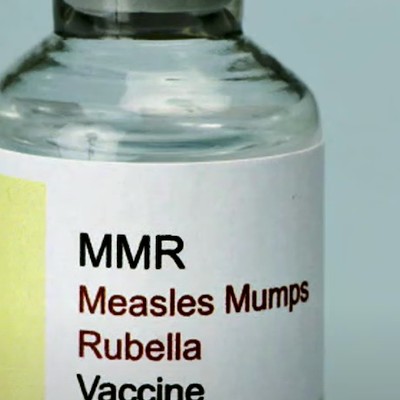Yesterday, we shared the vision of urbanist and blogger Andrew Burleson, who dreams of a Houston in which we dress for the weather at all times, even at work. It's his view that this would lower energy costs and immensely improve civic life overall.
He thinks we could begin with a Dress For The Weather Week, and after ten years or so of these weeks, Houston could become a city that always, in his words, "lived like it's hot 'cause it is" and "lived in the place that we're at and learned to embrace it."
Burleson says the invention of air conditioning has stopped us from coming to terms with who we really are.
"If a/c had not been invented for 100 years, if you could have taken 1885 or 1905 and paused the world's technology right there, and gave it 100 years of a gap, culture would have changed."
He cites the fashions of the 18th Century versus those of the 19th. "Things were really trimming down," he says. "And then you get to the early 1900s and you start to see Theodore Roosevelt wearing khakis instead of wool pants and the big hats. So you see they were already starting to deal with this [hot] reality, but then air conditioning is like this Band-Aid that came along and people said 'Okay, we don't have to deal with this anymore because we have this artificial cooling device that will make it fine as long as we never go outside.' But never going outside is kind of a big problem."
Nowhere more so than Houston.
Today, we'll explore the benefits of Burleson's dream -- a reborn downtown and Uptown and Houston's emergence as a world fashion capital -- in a little more depth.
First -- downtown revitalization.
Burleson believes that workers dressed for the weather would want to hang out after work more often, and what's more, do it at street level, thus rendering the streetlife-destroying tunnels redundant. The long-awaited downtown real estate boom would follow, Burleson believes.
"If you could take all that investment that's in the tunnels and put it at grade level instead, you would have so much of a stronger draw for the residential component," he says. "You would have access to it, so there wouldn't be this problem of living downtown where it's fine at lunch but you're screwed at dinnertime."
Out in the Galleria area, Burleson believes that dressing for the weather would ease Uptown's annoying traffic woes. "Your lunchtime traffic would probably be a lot smoother because a lot more people would be willing to walk, because there are a lot of things within a five- or ten-minute distance," he says. "The strip mall next to your office has probably got restaurants, lots of 'em, but it takes 30 seconds for you to be really sweaty in a suit, so you drive out of your parking garage, park as close to the door as you can, and sprint in to the a/c."
As Burleson points out, when it comes to traffic, "the last ten-15 percent of the capacity is 100 percent of the congestion." If just a tenth of Galleria-area lunchers left their cars in the lot, there might be no congestion. He grants that the Galleria area is not Houston's most pleasant to walk in, but he believes that it might become so if more people started walking. Business owners would shrink their parking lots, trees could get planted, connectivity would blossom all around if there was demand for it.
And then there is the most exciting facet of Burleson's dream. When he envisions us dressing for the weather, he is not saying we should go to the office in flip-flops and tank-tops. Instead, he thinks we can invent a whole new style of business attire.
"I don't know what it would be, but you could start a whole industry catering to people wanting to look nice but wear seasonally-appropriate clothing for the hot part of the country," he says.
Such clothing would draw inspiration from hotter parts of the world but would have a twist, he imagines. "Because our culture is so heavily European, our best examples of hot weather clothing are from places we don't like very much, like the Middle East, Africa and Southeast Asia," he says. "If we wanted to, we could easily take those inspirations and create a fusion out of it that was familiar enough to someone of a Western European mindset that they could wear it and not feel strange. But it's just like anything else -- until you see somebody else doing it, everybody else is scared to try."
Once over that initial cultural hump, the rewards could be huge. "You could sell that stuff to the entire Southern United States, the Southwest, Mexico, Central America, Brazil, a lot of China. You could basically take a lot of the role that Paris, New York and Milan play in dictating a lot of the fashions of the northern part of the world, and put a parallel for the Southern part of the world. The fashion capital of the southern world would be Houston, 'cause that's where they came up with all these ways to dress for the weather."
And at last we would truly be world-class at something...
With the port, the arts and Houston's people, the city already has a lot going for it, Burleson says. And yet, there's still this civic inferiority complex. "You have to like your city first," he says. "If the people who live there never do anything but complain, you're never gonna be New York, Paris, London or even Chicago. At some point you have to embrace who and what you are and show the rest of the world why you are great rather than complaining constantly and saying things like 'We're almost as big as Chicago,' and 'We have almost as good a weather as Phoenix.'
"You just have to say 'We're Houston and this is what we're about, and yeah, it's hot here, but we don't care because we wear these awesome clothes.'"






